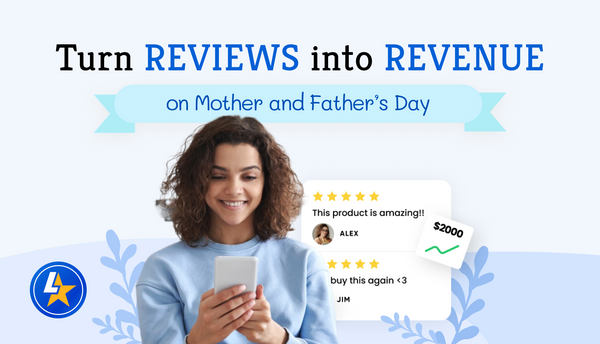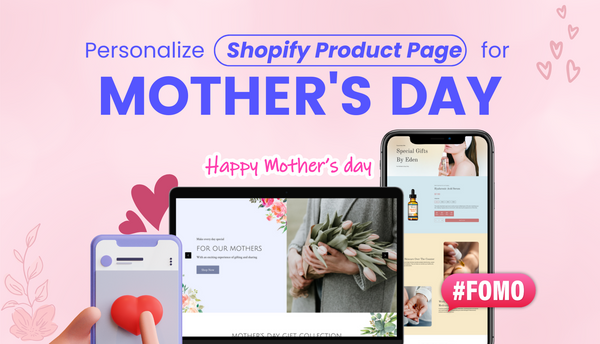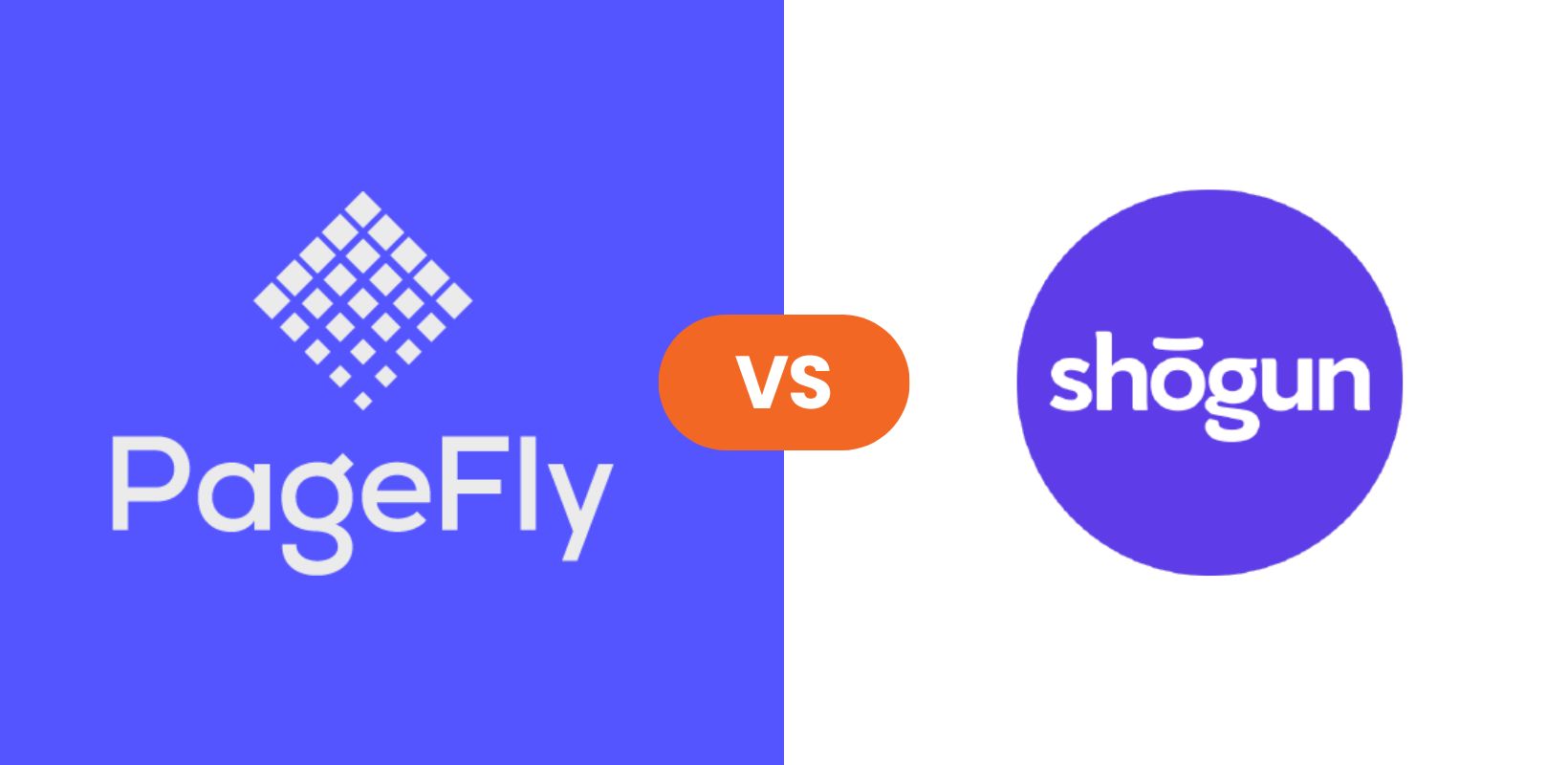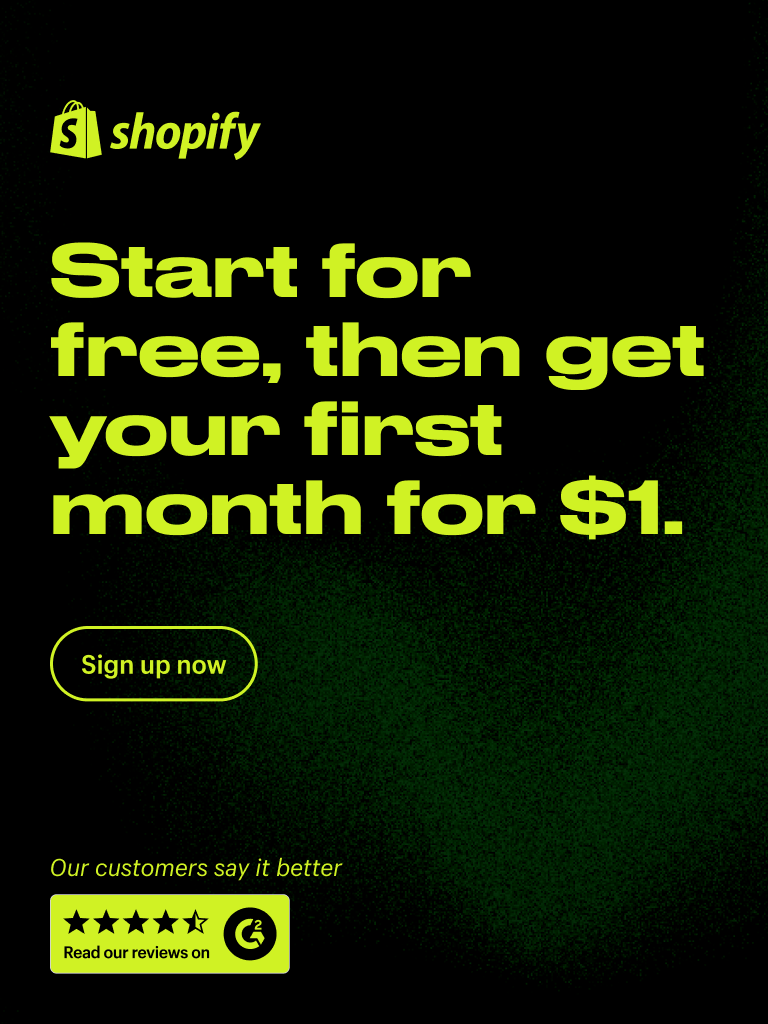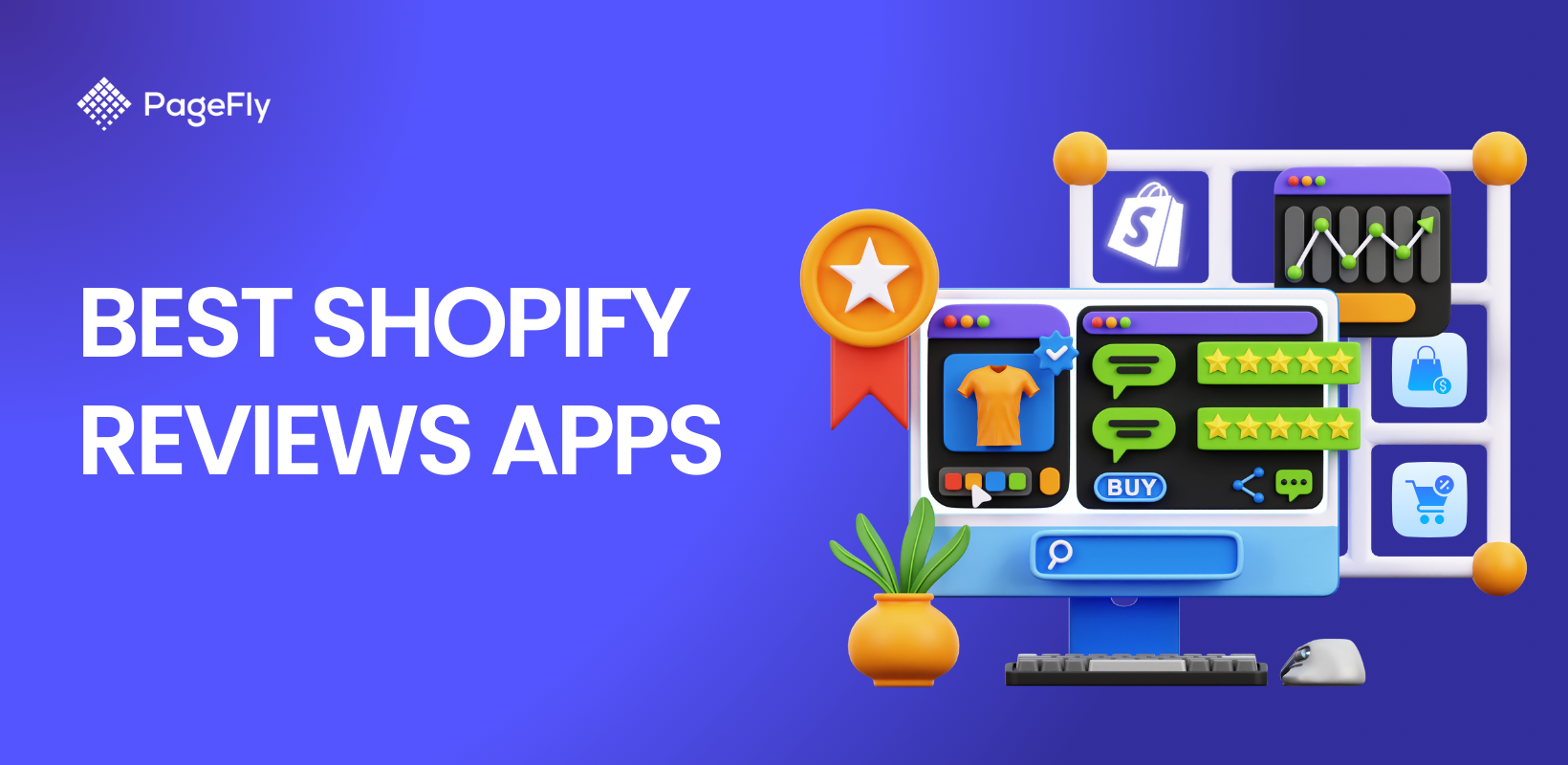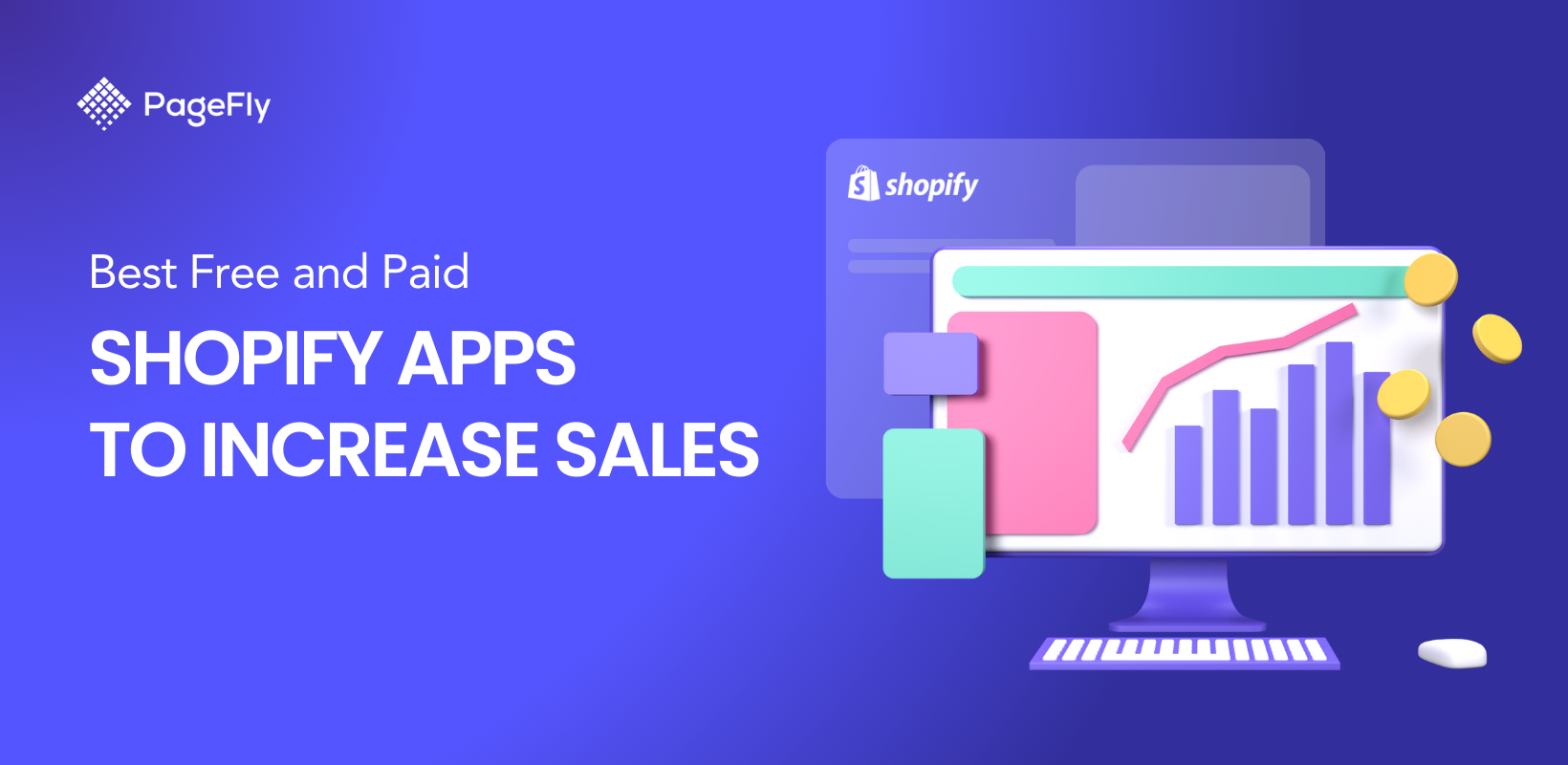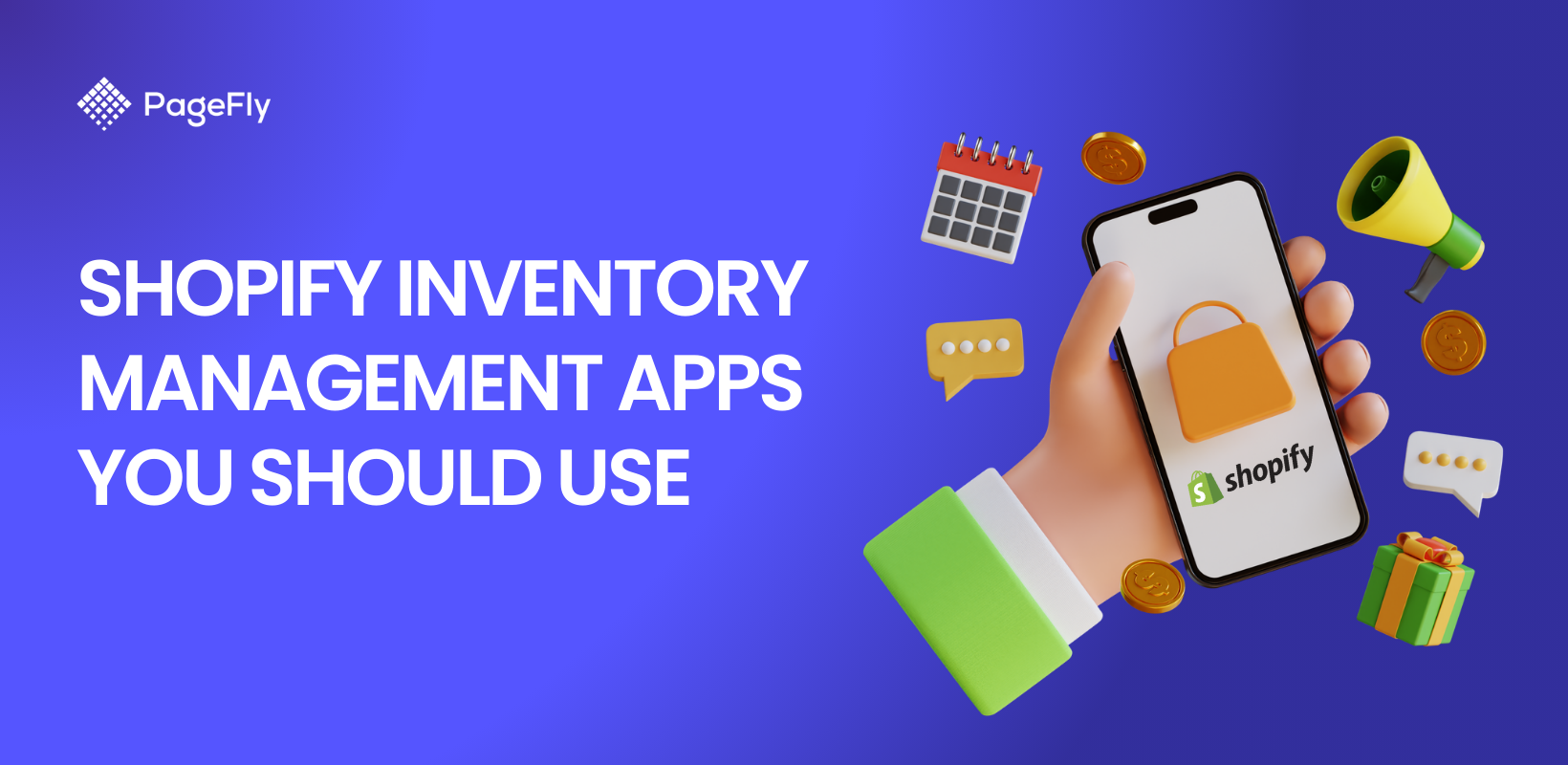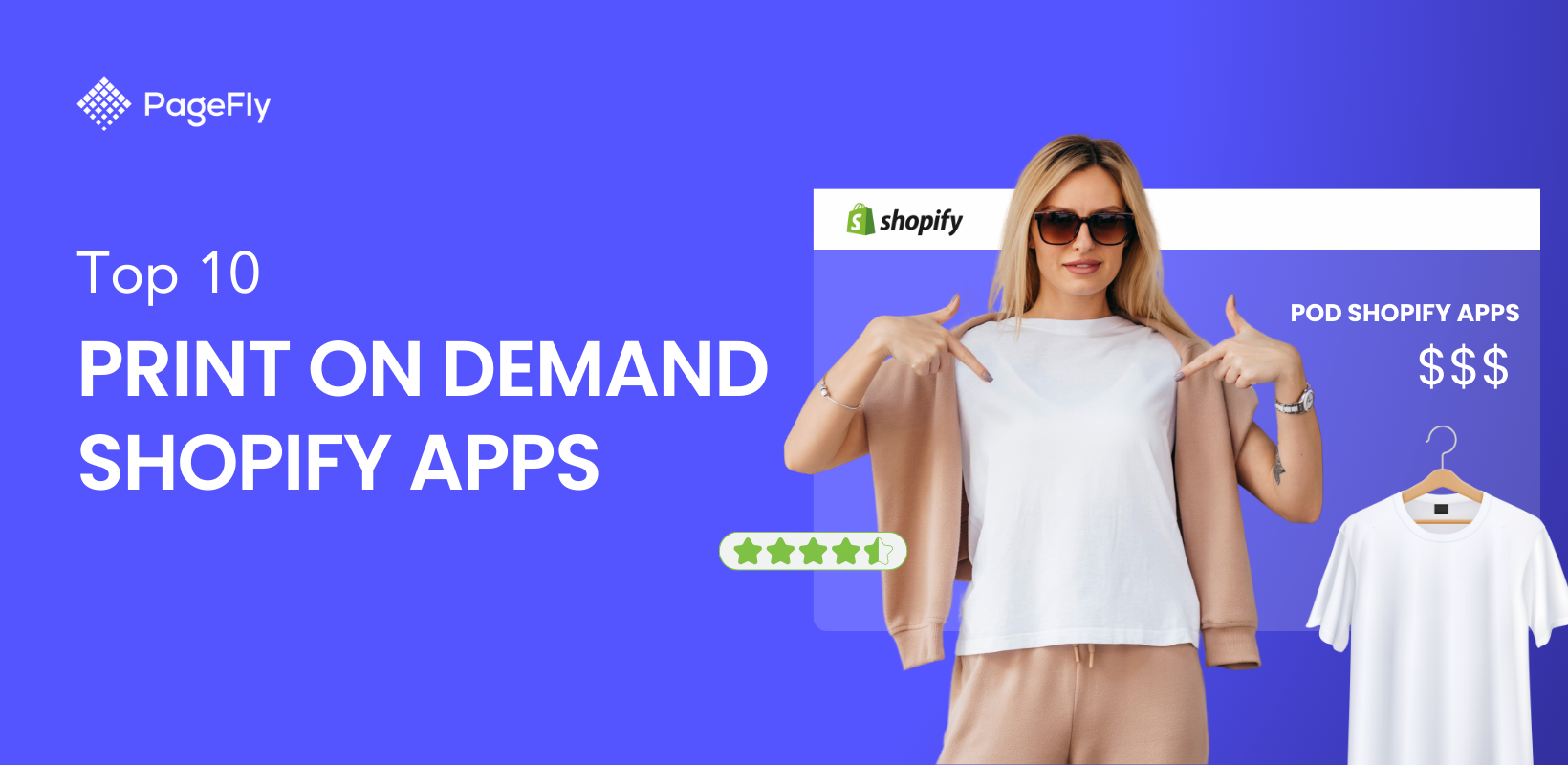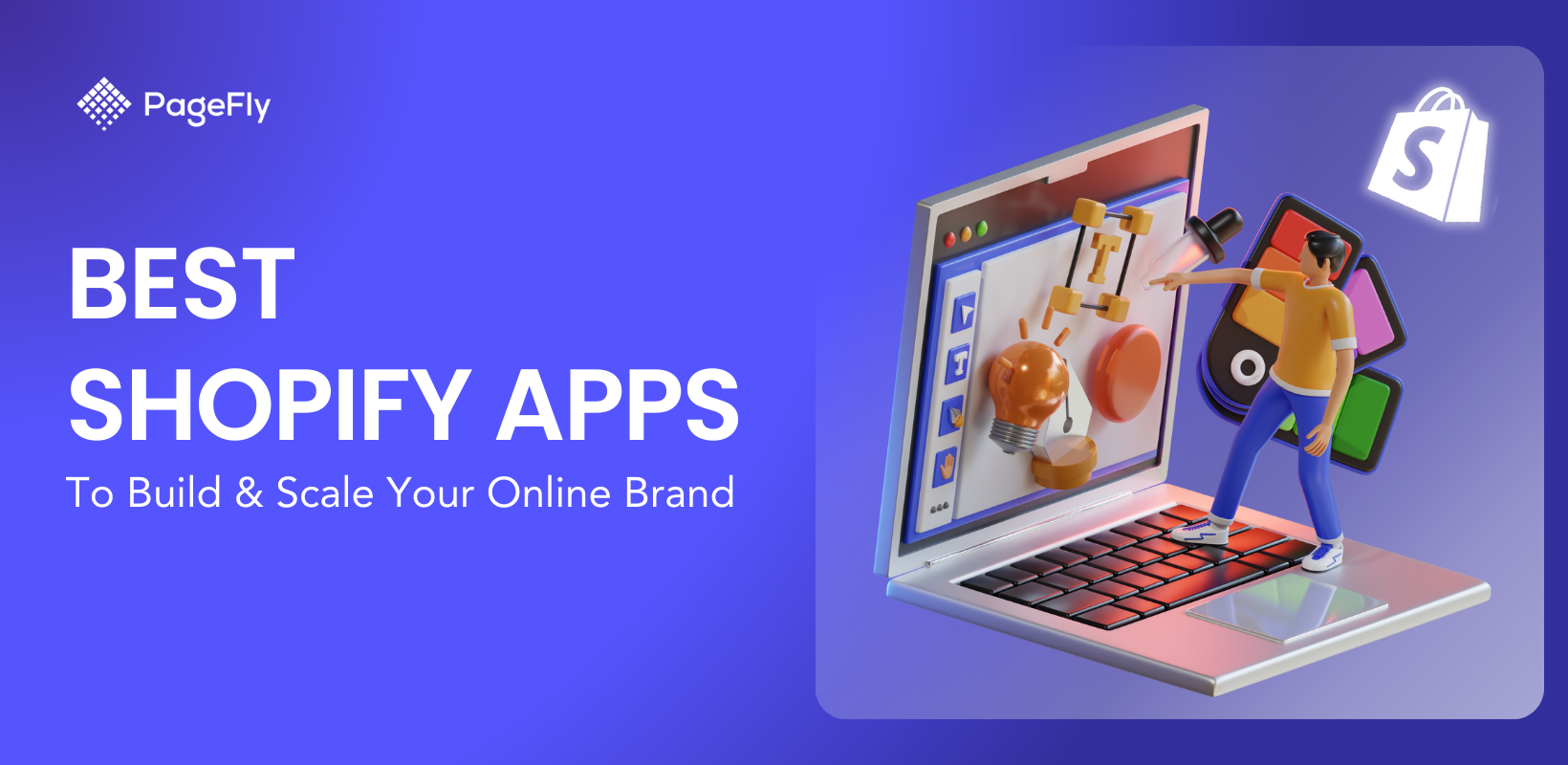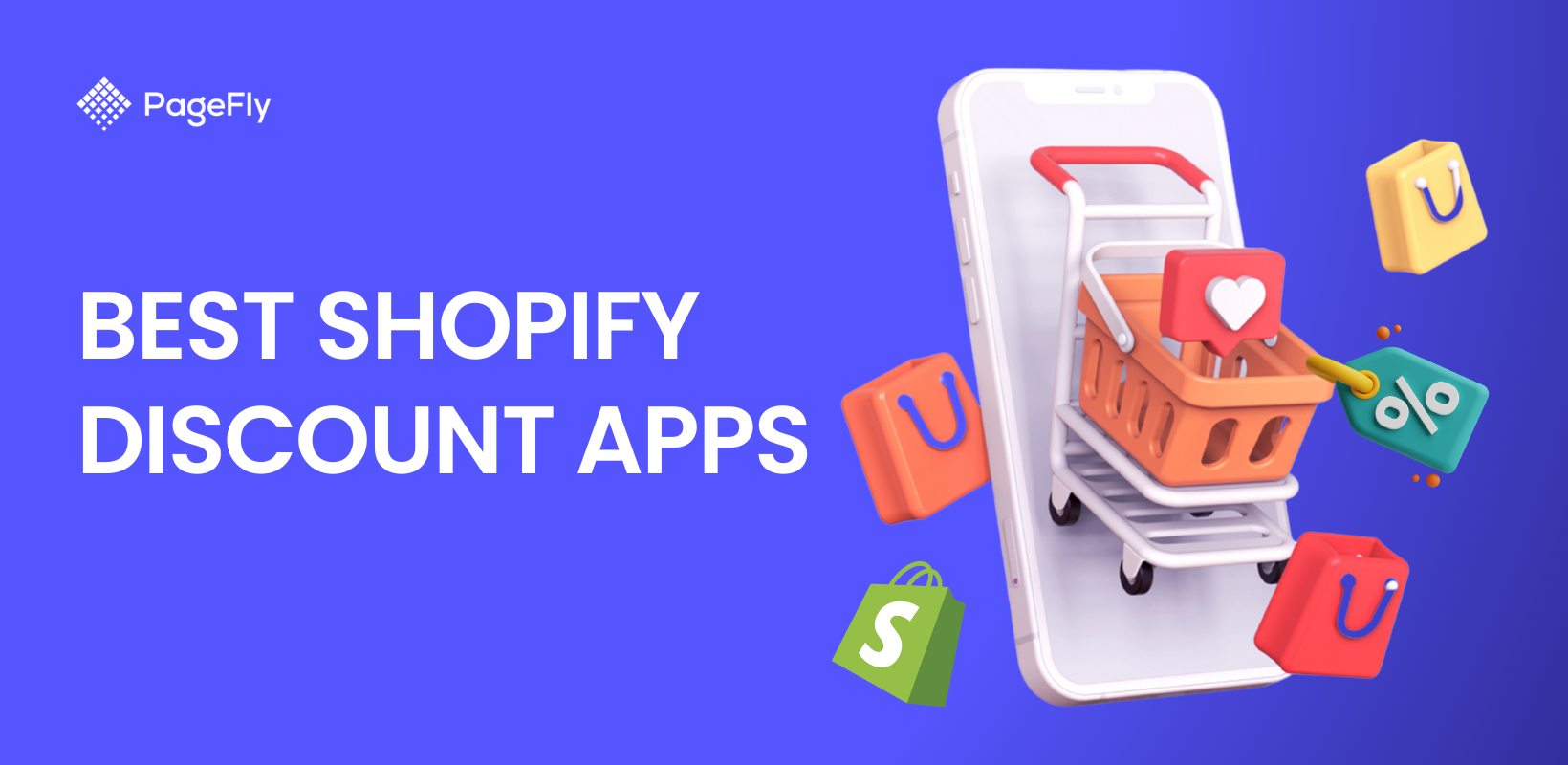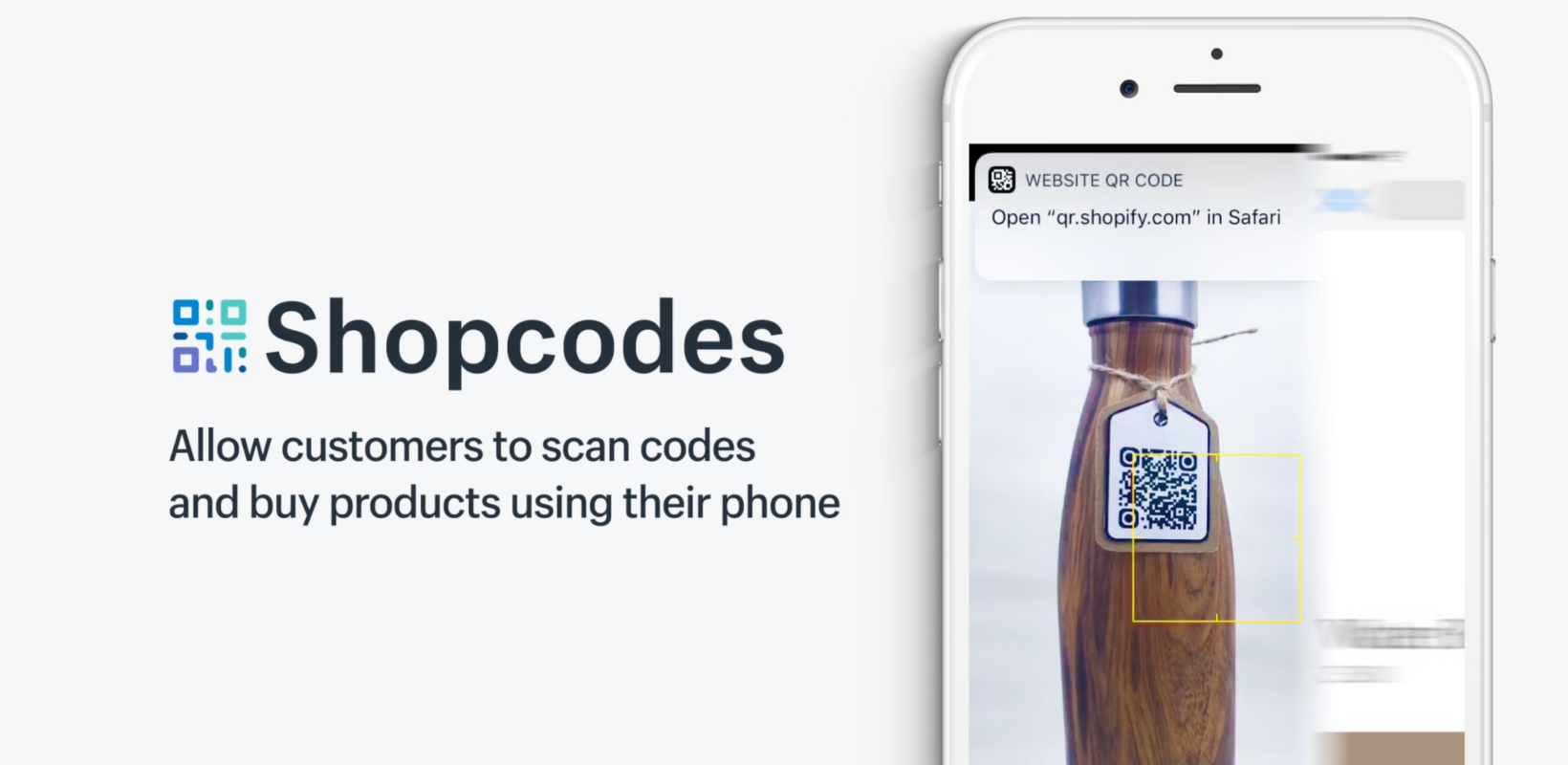Building a Shopify website can be limiting, depending on your theme.
Integrating drag-and-drop page builders, such as PageFly and Shogun, allows merchants to create more unique and varied pages with engaging animations. This enables brands to stand out from their Dawn-wielding competition, especially online.
Using page builders also gives way to more enticing and converting websites and landing pages than relying on Shopify themes.
Regarding Shopify page builders, PageFly and Shogun dominate that area. They're some of the most popular landing page builder apps in the Shopify app store.
Though they may offer the same service, these page builders drastically differ in their value offerings.
So, which should you choose, PageFly or Shogun?
💡We meticulously evaluate Shopify themes and apps based on our hands-on experience. Read more about our comprehensive review process and methodology.
A Quick Summary: PageFly vs Shogun
To quickly summarize:
PageFly is perfect for merchants relatively new to online selling and website building.
Meanwhile, with Shogun, merchants have access to a more robust page builder with additional features that more prominent and more established shops might need.
That’s what merchants need to know about PageFly vs Shogun.
However, there are more nuanced variables that are worth taking a closer look into.
There are some areas in web management, marketing, and running an online shop where each page builder shines over the other.
A More Detailed Comparison between PageFly vs Shogun
This guide will individually assess the price, beginner-friendliness, responsive design ability, SEO, page-building capacity, and customer support, among other things, between PageFly and Shogun.
Price
These page builders are both subscription-based services. So, subscriptions will be an overhead cost to consider when running an online store.
Winner: PageFly is more affordable and has a free version

PageFly has a free version that allows Shopify users to build one page or Shopify section.
This free version is also free forever. This means that Shopify users won’t have to pay a subscription (or any one-time payment, for that matter) to publish the page or section they’ve created.
This single-page template/section offering is sufficient for what most starting online shops need.
If the business grows and starts requiring multiple pages, PageFly tailors its pricing according to how many additional pages and sections the merchant needs.
PageFly has a “Pay as you go” paid plan wherein billing is based on the number of slots (slots can be page templates or sections) the merchant wants to use. The cost per slot decreases as more slots are needed.
For example, availing five slots will cost $24/month, which amounts to $4.8/slot.
However, 50 slots will cost $69/month, amounting to $1.38/slot.
PageFly also has an “Unlimited” plan that provides users unlimited slots for $99 monthly.
Shogun costs more and doesn’t have a free version

Source: Shogun
Shogun has a 10-day free trial, allowing users to try out the page builder before committing to a subscription.
However, Shogun doesn’t have a free forever plan.
So, whether you need one custom page or 35 custom landing pages, you’ll be paying the entry-level price of $55 monthly.
Shogun has three pain pricing plans — Build, Grow, and Advanced.
The Build plan costs $55/month and provides up to 35 custom pages. Grow costs $199/month and provides unlimited pages, and Advanced costs $399/month, also providing unlimited pages, plus other benefits.
To justify this leap in price over PageFly, Shogun has more robust functionality and handy features that we’ll tackle in more depth in later parts of this guide.
Beginner-Friendliness
Drag-and-drop builders' very purpose is to allow non-developers to create webpages and make changes on the fly without much headache.
Therefore, these page builders must be intuitive, straightforward, and beginner-friendly.
Winner: PageFly is simpler, more straightforward, and more beginner-friendly
PageFly’s main draw is its page builder.
Shopify merchants can easily create webpages with PageFly without being engulfed in other features they may not need.
When launching PageFly, users are immediately greeted with a no-frills page builder, allowing them to solely focus on page creation.
This makes PageFly the simpler and more direct option for less advanced users.
Shogun has more advanced features that may overwhelm newer online sellers but may be more useful for more established users
Some users would say that Shogun’s page builder is more “idiot-proof.”
However, Shogun has a smorgasbord of other features in addition to its page builder from which more established online sellers may benefit.
These features include:
- The ability to sync elements (e.g., sections and page templates) between stores
- The ability to add and edit SEO metadata from the page builder
- Content scheduling — ideal for time-sensitive promos and offers
- AI-powered generative content to provide copy
- A dedicated keyword research and SEO tool
- Flushed-out AB testing
- Some advanced developer tools
While bigger stores find tremendous use for these tools, for a first-time or novice Shopify merchant, even just exploring these features can be time-consuming and counter-productive.
Responsive Design
Both page builders have responsive design capabilities, allowing merchants to effortlessly create webpages that will dynamically adapt to any screen size.
This means that webmasters won’t have to worry about creating separate pages for mobile and desktop.
Winner: PageFly can create a separate design for both PC and mobile screens
Sometimes, a page’s image looks great on a desktop, but its responsive design look on mobile appears cropped, leaving the image’s subject out of the page’s layout.
PageFly maneuvers around this typical issue (along with other responsive design headaches) by giving users the freedom to create dynamically-served versions of the same webpage.
Web builders can tweak margin and padding sizes, adjust image and text position, stack page elements differently, and even hide elements for each device.
Notice how in the example below, the column height is 650px for all devices, but for mobile, it’s tweaked to 350px.
With this feature, webmasters can tailor the page experience for each device.
PageFly users may also use a single responsive design across all devices if they wish.
Shogun is a bit more limited when it comes to creating device-unique page layouts
Shogun also allows users to resize text, margins, padding, image size, and hide elements for each device, similar to PageFly.
However, this feature is a bit more limited than that of PageFly.
For one, PageFly can switch up the page’s font type and color for each device, allowing each device a more distinct look. PageFly can also change images and background color for each device — as if creating a totally new page for each device.
SEO and Page Speed
Site speed is a decisive SEO element. Shopify sites can be slowed down, depending on the amount of code, plug-ins, and lengthy HTML, among other things, that the site has to execute.
The page builders used can be a contributing factor to an incrementally faster or slower Shopify store.
Winner: Shogun has better built-in SEO capabilities than PageFly
Shogun allows users to edit meta fields, such as the meta description and title, directly from the Shogun page builder.
Furthermore, Shogun’s AI-powered “AI SEO” feature makes search-optimized suggestions to meta titles and descriptions depending on the content that’s already on the page.
This allows webmasters to quickly produce search-optimized pages.
Moreover, Shogun doubles as a keyword research tool.

It provides users with an SEO audit of their site. This audit shows users the keywords they’re ranking for, the volume they’re getting for a particular keyword, and the CPC cost for a particular keyword, among other things — similar to a fleshed-out keyword research tool.
Shogun can also create search-optimized blog content quickly and efficiently with AI, allowing webmasters to rapidly build a blog.
As for site speed, Shogun has built-in image compression capabilities. This allows users to quickly compress any high-resolution image into a smaller file size without compromising image quality. Having this feature allows for a much faster page load speed.
PageFly lacks SEO functionality
Users would have to edit the meta fields from Shopify to search-optimize their page.
PageFly also doesn’t have the SEO capabilities that Shogun has.
It doesn’t have a keyword research tool, an AI copywriting assistant, or a built-in image compressor.
However, other tools out there may help with keyword research (e.g., Ahrefs, Semrush) and image compression. (e.g., Optimizilla, TinyPNG, Photoshop)
Templates and Page Type Variance
Both PageFly and Shogun provide users with pre-made templates and page type variants they can start with. This allows webmasters to quickly create functioning pages, not having to start blank from scratch.
Winner: PageFly allows users to create more page types than Shogun

Source: Andrew from EcomExperts
PageFly allows users to create a regular page (“regular” pages can be standalone pages, landing pages, or subpages. This can be used to create an About Us section, Contact Us, and more), home page, product page, collection page, blog post page, and password page.
Read more:
Shogun doesn’t have a “password page” option

Shogun's page types include “Standard” pages (which can be used to create home pages, landing pages, about us pages, etc.), product pages, collection pages, and blog pages.
There is no integrated option to create a password-protected page on Shogun, unlike PageFly.
Ability to Sync Pages and Elements
If you’re a brand with multiple stores, or perhaps a marketing agency that handles a handful of Shopify websites, syncing pages between stores is a handy function.
This allows webmasters to use existing content between stores without having to re-create each one repeatedly.
Winner: Shogun allows users to automatically sync content between stores
As of now, PageFly can’t sync slots between different stores.
PageFly users can export pages as “.pagefly” files and import them into another store with the PageFly app. Do note that this will consume a slot for the importing store.
Alternatively, merchants can re-create each custom template or section for every store they have.
Analytics
Though Shopify already has an analytics function, some third-party page builders have their own integrated analytics. This allows page builder users to assess the performance of the pages they create.
Winner: Shogun has built-in analytics and can AB test multiple pairs of test pages at scale

AB testing allows Shopify users to test different page versions and designs against each other, allowing for a more data-driven web-building process.
When done at scale, Shopify users can increase their conversions and marketing metrics by consistently publishing the most optimal page possible.
Shogun also has built-in analytics, allowing users to track their custom pages’ visits and conversions.
PageFly doesn’t have an AB testing function
PageFly’s analytics integrates with Google Analytics 4 (GA4) to retrieve six valuable metrics — add-to-cart rate, sessions, visitors, product view rate, sales, and conversion rate.
However, users can’t AB test two different page versions from the PageFly app.
The Meta Pixel (formerly Facebook Pixel) is a useful integration for PageFly users, allowing them to AB test their custom pages, as well as monitor visitor activity on the website.
Customer Support
Customer support is an integral part of any SaaS, whether it’s web hosting or page building. Excellent customer support service can be pivotal to the business success of a provider’s clients.
However, some customer support services are better than others.
Winner: PageFly has dedicated 24/7 live chat support for any plan, even the FREE plan
Even at just $0/month, PageFly users get access to 24/7 live chat support from PageFly.
This easily determines PageFly as having better customer service than Shogun.
Meanwhile, Shogun’s Live Chat Support Starts At Their $199/month plan.
All Shogun users have access to help center resources, regardless of the plan they use. Shogun support may also be contacted through the respective support forms.
However, their live chat — which is the instantaneous support option — is only available to their “Grow” plan users.
Who Can Benefit Most From These Page Builder Apps?
Comparing PageFly vs Shogun is an apples-to-oranges comparison. They appeal to different user types, so pitting them against each other would be like deciding whether Photoshop or Canva is better.
Shogun is for tenured online entrepreneurs who need robust functionality
Ideally, people who can benefit from Shogun include:
- Online shops with a consistent and sizeable monthly revenue, considering that Shogun costs more (and by a large margin) than PageFly.
- Merchants who know their way around web building. The absence of a free forever trial suggests that Shogun is a more advanced utility intended for adept use.
- Online shops with decent online traffic, allowing AB testing and analytics features to truly shine.
- Entrepreneurs with multiple online stores
- Marketing agencies that oversee a handful of online businesses.
- Online shops with highly skilled developers on their team
PageFly is for new online entrepreneurs
PageFly is an excellent option for Shopify users who are still exploring the various tools they can use to improve their shop.
Ideal PageFly users won’t need anything outrageous or robust, like an AB tester or custom, developer-made elements.
So, users who:
- Want an easy and simple solution to spicing up their home page
- Have a few products on their Shopify page
- Don’t get a lot of traffic to concern themselves much with analytics
- Have a small team that won’t be using Shogun’s extensive toolkit
- Are solopreneurs
But what if you want to build a blog?
For merchants who wish to build a blog, PageFly won’t be too ideal.
Each blog created in PageFly would consume one slot. So, unless you’re on PageFly’s $99/month “Unlimited” plan, you might find yourself rapidly eating through your slots.
You may use regular Shopify pages for your blogs. Or if you wish to “razzle-dazzle” up your blog posts, you may use Gempages
Gempages
Gempages is another Shopify page builder competitor worth considering.

Source: Gempages
Gempages has a free plan, but it also has paid plans which include “Build,” costing $23/month, “Optimize,” at $47/month, and “Enterprise,” at $159/month.
Their most notable feature — “GemAI Image-to-Layout” allows users to create functional layouts from images and external website links. Gempages would generate a layout based on the provided image or URL, instantly creating a starting template.
This feature can help create instant landing pages.
Gempages is an excellent option for publications who wish to scale a blog
All the aforementioned plans, even the starting plan, give users access to unlimited pages. This makes Gempages the cheapest “unlimited page” option among the three — perfect for building a blog
PageFly vs Shogun vs Gempages
Can build Shopify sections | Can build Shopify pages | Can generate editable layouts from URLs and images | Most affordable paid plan | Starting plan for unlimited pages |
PageFly | ✓ | ✓ | $24/month | $99/month |
Shogun | ✓ | ✓ | $55/month | $199/month |
Gempages | ✓ | ✓ | $23/month | $23/month |
Gempages can only build entire pages.
However, Gempages is the most affordable option of the three.
Furthermore, only Gempages can instantly create layouts from images and website URL references.
This makes Gempages the simplest and most beginner-friendly option.
You might want to read more:
- Top 7 Best Shopify Page Builder Apps with Detailed Reviews in 2024
- Top 10 Coming Soon Apps For Pre-Launch Shopify Store in 2024 (+ Tutorial)
Conclusion
There is no universal “best” page builder app for every business out there. There’s not much insight to gain when solely focusing on arguments like “PageFly vs Shogun vs Gempages.”
Instead, assess what your business needs. Look for gaps in your website and internal workflow. Do you want to build landing pages or need other apps, such as testimonial apps?
The best page builder is the right page builder.
You might even find that you don’t need a third-party page builder at all.
